Humans
Sign up for our newsletter
We summarize the week's scientific breakthroughs every Thursday.
-
 Health & Medicine
Health & MedicineBuilding standards aren’t to blame for chilly offices
A recent study made headlines for finding differences between men and women in comfort level for heating and cooling. But that’s not why women are cold in the office.
-
 Health & Medicine
Health & MedicineFish oil may counter schizophrenia
Three months of omega-3 fatty acids protects against psychosis for years, a small study suggests.
-
 Psychology
PsychologyDecision tree for soldiers could reduce civilian deaths
A new, three-part decision formula may help soldiers save civilians’ lives.
By Bruce Bower -
 Neuroscience
NeuroscienceA voyage into Parkinson’s disease, led by patient and journalist
Jon Palfreman’s Brain Storms explores Parkinson’s disease in the past, present and future.
-
 Science & Society
Science & SocietyA few key signs betray betrayal
Like many relationships that collapse after betrayal, teasing out what goes wrong and who is at fault in betrayal isn’t so easy.
-
 Genetics
GeneticsAncestral humans had more DNA
A new genetic diversity map marks where humans have gained and lost DNA.
-
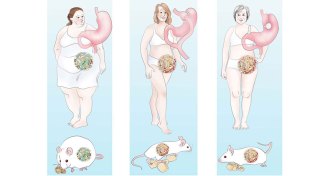
-
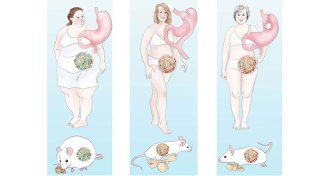
-
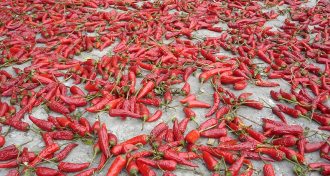 Health & Medicine
Health & MedicineSpicy food linked to longevity
Spicy food in the diet seems to contribute to longevity, a study of thousands of people in a Chinese registry finds.
By Nathan Seppa -
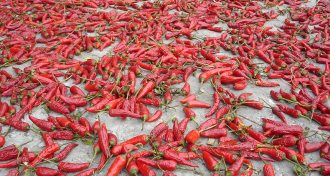 Health & Medicine
Health & MedicineSpicy food associated with longevity
Spicy food in the diet seems to contribute to longevity, a study of thousands of people in a Chinese registry finds.
By Nathan Seppa -
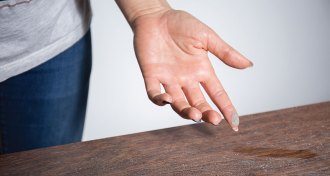 Environment
EnvironmentDust components may promote obesity
Fat dust bunnies may contain obesity-boosting chemicals.
By Beth Mole -
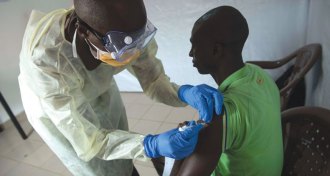 Health & Medicine
Health & MedicineEbola vaccine protects people in West Africa
In Guinea trial, zero cases of Ebola occurred in people potentially exposed who received immediate shots of a new experimental vaccine.
By Nathan Seppa